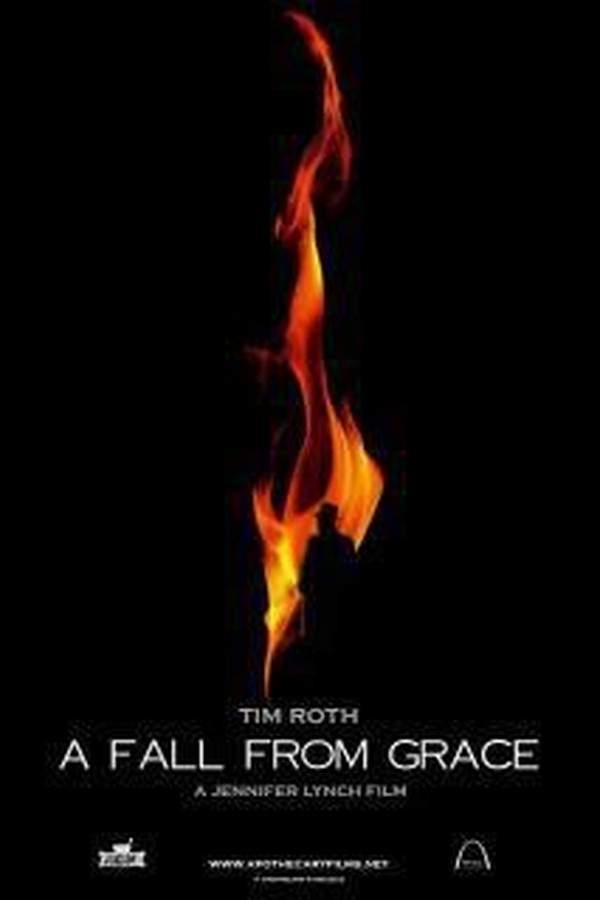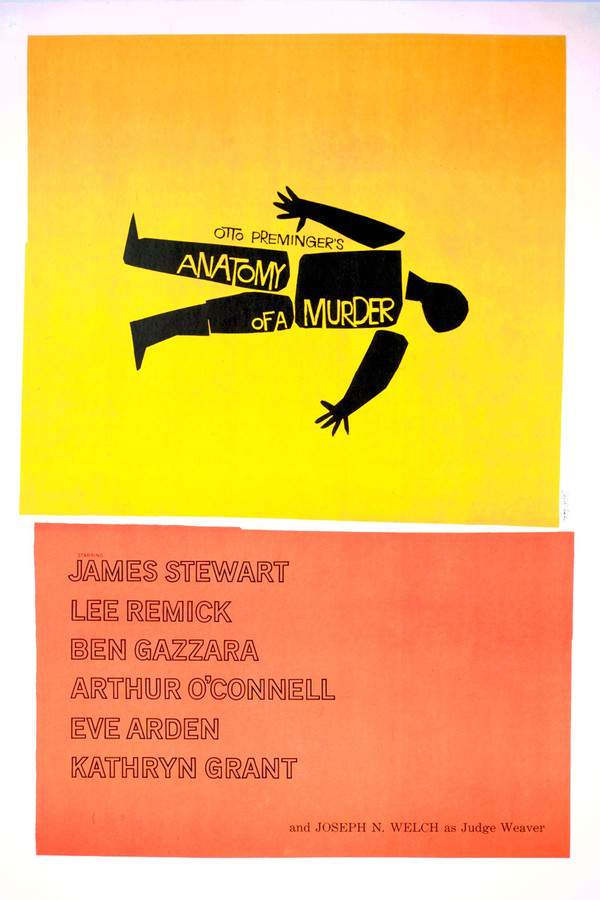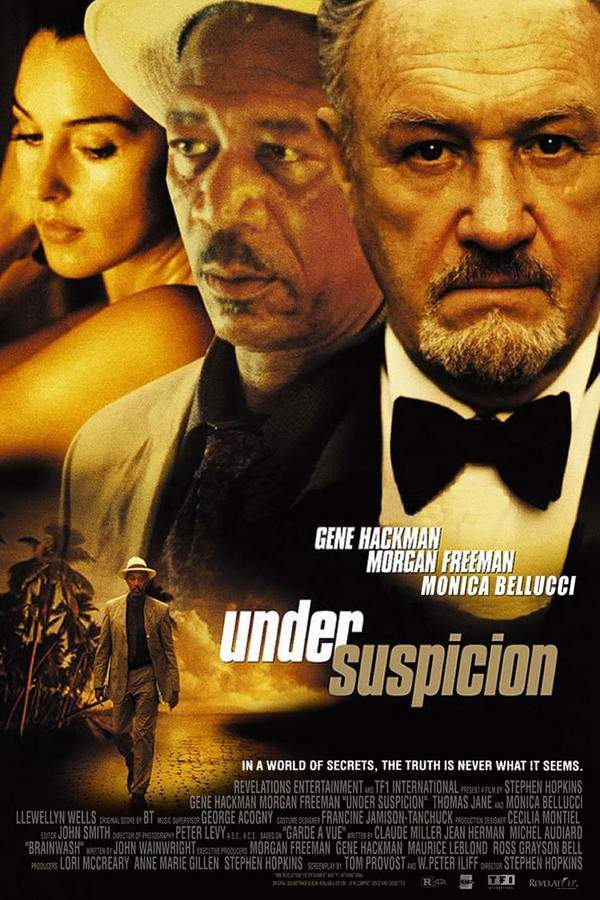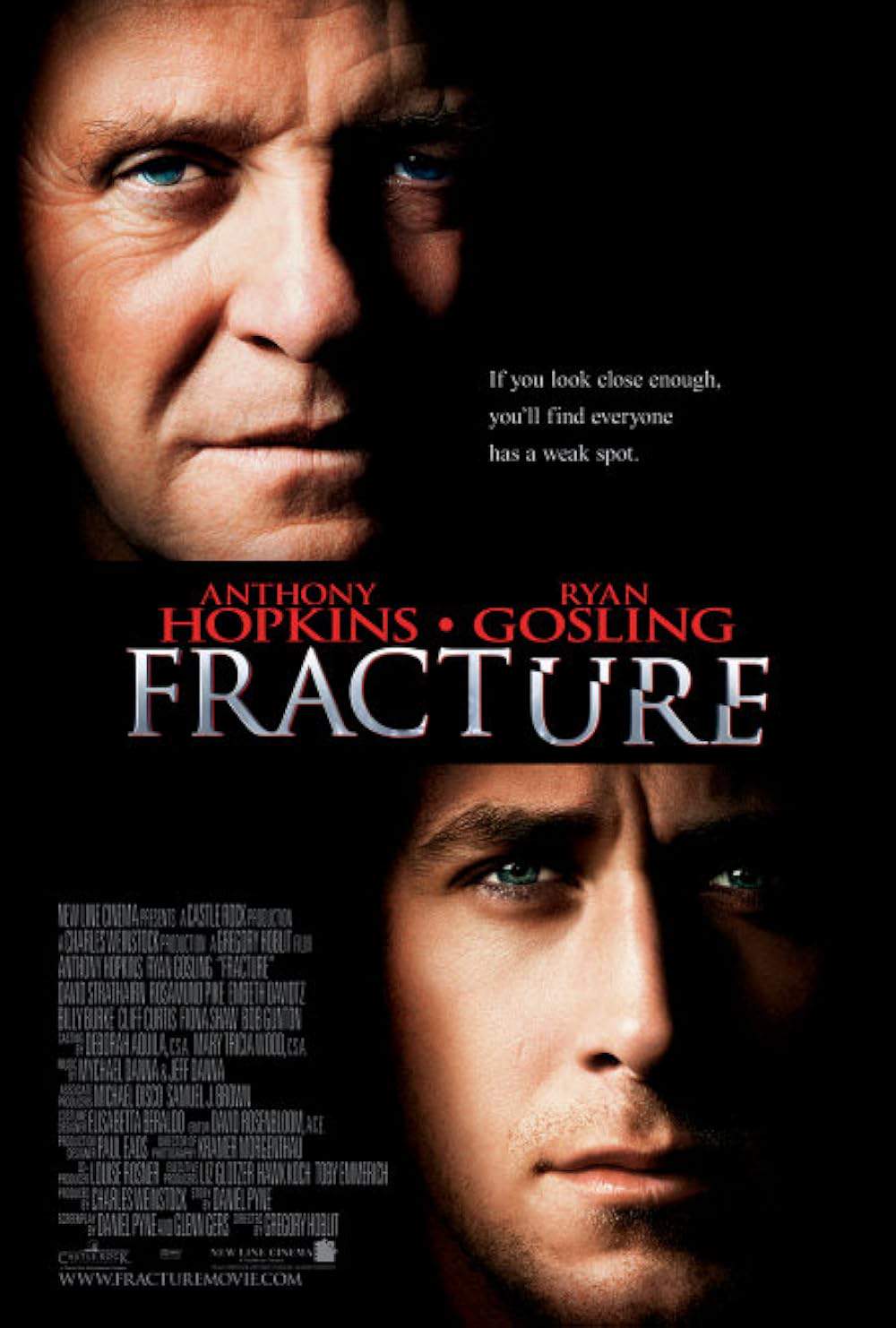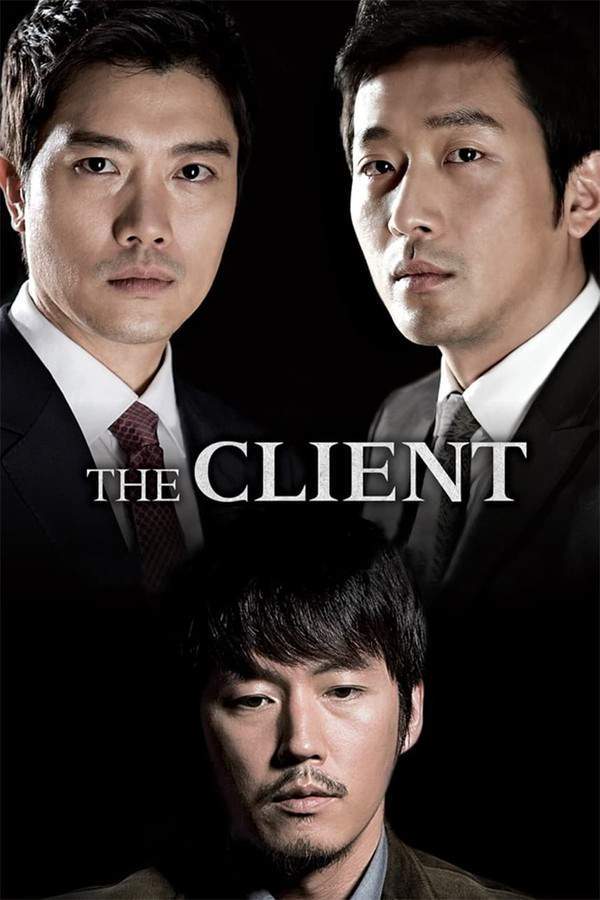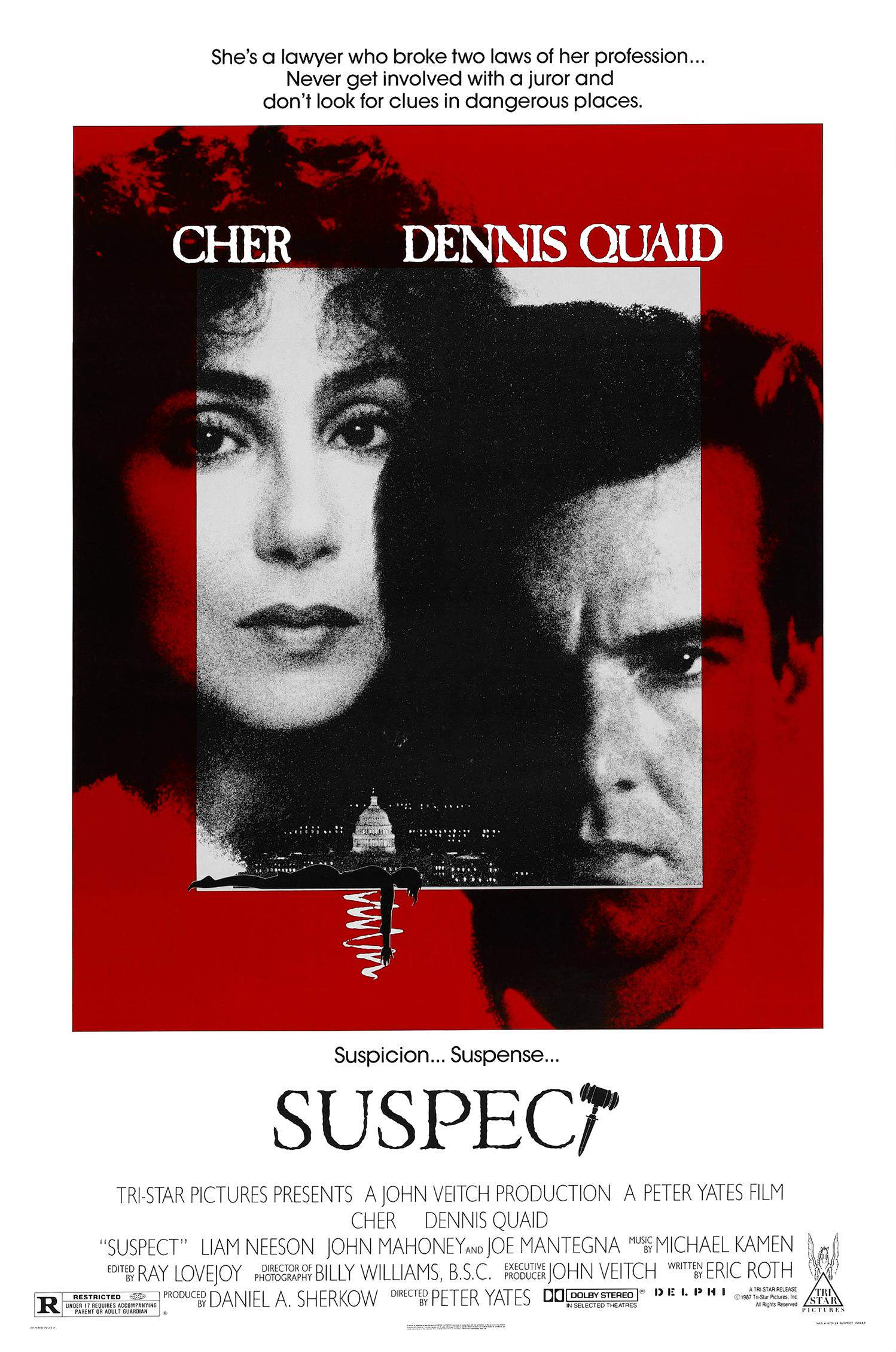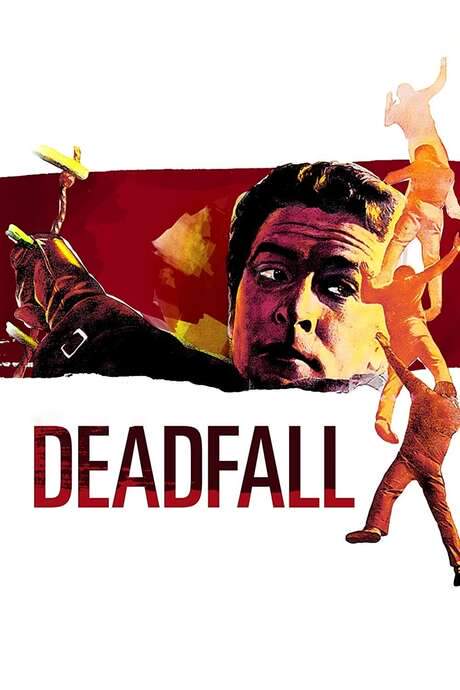Anatomy of a Fall 2023
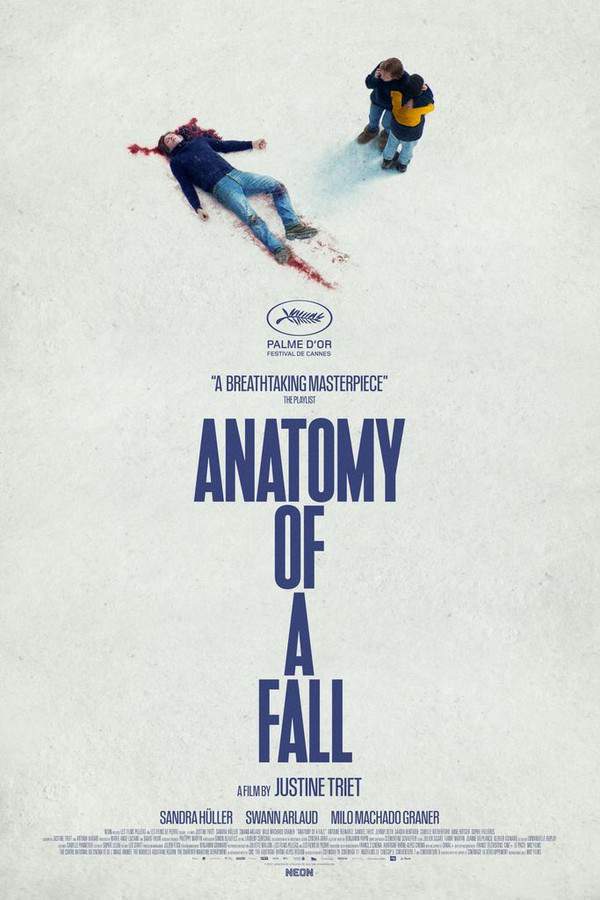
Following the mysterious death of her husband, Samuel, in their isolated chalet in the French Alps, Sandra, his wife, finds herself the prime suspect. As the investigation unfolds, she must confront the scrutiny of the authorities and the complexities of her marriage. The ensuing trial explores their relationship and reveals a web of secrets and conflicting accounts, leaving the truth about Samuel’s death uncertain—was it a tragic accident or something more sinister?
Does Anatomy of a Fall have end credit scenes?
No!
Anatomy of a Fall does not have end credit scenes. You can leave when the credits roll.
Meet the Full Cast and Actors of Anatomy of a Fall
Explore the complete cast of Anatomy of a Fall, including both lead and supporting actors. Learn who plays each character, discover their past roles and achievements, and find out what makes this ensemble cast stand out in the world of film and television.
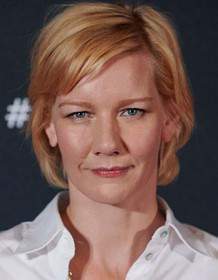
Sandra Hüller
Sandra Voyter

Anne-Lise Heimburger
Experte Bogaert

Swann Arlaud
Maître Vincent Renzi

Saadia Bentaïeb
Maître Nour Boudaoud

Antoine Reinartz
Avocat général
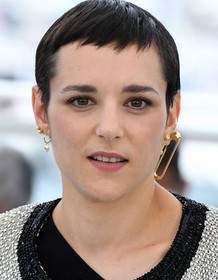
Jehnny Beth
Marge Berger

Vincent Courcelle-Labrousse
Procureur

Ilies Kadri
Gendarme, Samuel

Milo Machado Graner
Daniel

Samuel Theis
Samuel Maleski

Camille Rutherford
Zoé Solidor

Anne Rotger
Présidente du tribunal

Messi
Le chien

Julien Comte
Légiste

Pierre-François Garel
Juge Janvier

Savannah Rol
Gendarme, Sandra

Cécile Brunet-Ludet
Juge Bollène

Nesrine Slaoui
Journaliste BFM

Antoine Buéno
Expert Balard
External Links and Streaming Options
Discover where to watch Anatomy of a Fall online, including streaming platforms, rental options, and official sources. Compare reviews, ratings, and in-depth movie information across sites like IMDb, TMDb, Wikipedia or Rotten Tomatoes.
Ratings and Reviews for Anatomy of a Fall
See how Anatomy of a Fall is rated across major platforms like IMDb, Metacritic, and TMDb. Compare audience scores and critic reviews to understand where Anatomy of a Fall stands among top-rated movies in its genre.

The Movie Echo Score
Anatomy of a Fall delivers a compelling blend of ambiguity and emotional gravity throughout its runtime. The film’s willingness to sustain uncertainty draws viewers into the French legal drama with measured pacing and formal rigor. Sandra Hüller’s nuanced performance anchors the narrative while the disciplined direction reinforces the film’s thematic cohesion. Even when its conclusion remains elusive, the film sustains engagement through its thought-provoking exploration of truth and perception, resulting in a resonant and intellectually stimulating experience.
The Movie Echo Score Breakdown for Anatomy of a Fall

Art & Craft
In terms of art and craft, the film’s direction and editing exhibit deliberate precision and classical confidence. Measured shot lengths and hyperrealistic atmospheres underscore the narrative’s tension, while thoughtful production design and seamless camera movement enhance thematic depth. Overall, the visual execution consistently supports the story’s formal rigor and narrative clarity.

Character & Emotion
When it comes to character and emotion, Anatomy of a Fall is anchored by a deeply nuanced central performance. Sandra Hüller conveys internal conflict with understated intensity, and the supporting cast, including a convincing child actor, responds with genuine chemistry. Emotional stakes resonate through layered interactions, making the characters compelling and credibly motivated.

Story & Flow
In terms of story and flow, the film embraces a deliberate ambiguity that sustains dramatic intrigue. Critics praised the unresolved tension, but some viewers noted occasional pacing lulls and a desire for a more decisive conclusion. While the courtroom framework offers engaging conflict, the narrative’s measured unfolding may feel uneven to those seeking greater resolution.

Sensory Experience
When it comes to sensory experience, the film’s sound design and visual style work in concert to heighten its forensic atmosphere. Subtle ambient sounds and a restrained score underscore courtroom scenes, while a neutral color palette and controlled lighting reinforce the film’s investigative tone. The cohesive audiovisual approach deepens immersion throughout the drama.

Rewatch Factor
In terms of rewatch value, Anatomy of a Fall invites repeated viewings through its thematic complexity and unresolved questions. The open-ended conclusion and layered character motivations prompt reflection, encouraging viewers to reconsider subtle clues. However, the film’s deliberate pacing and sustained ambiguity may deter some from multiple viewings, making its replay appeal nuanced but intellectually engaging.

86
Metascore
7.9
User Score


96%
TOMATOMETER

91%
User Score

7.6 /10
IMDb Rating

75
%
User Score

4.1
From 13K fan ratings

4.00/5
From 1 fan rating
Take the Ultimate Anatomy of a Fall Movie Quiz
Challenge your knowledge of Anatomy of a Fall with this fun and interactive movie quiz. Test yourself on key plot points, iconic characters, hidden details, and memorable moments to see how well you really know the film.
Anatomy of a Fall Quiz: Test your knowledge about the gripping courtroom drama, Anatomy of a Fall.
What is Sandra's profession?
Lawyer
Doctor
Teacher
Novelist
Show hint
Awards & Nominations for Anatomy of a Fall
Discover all the awards and nominations received by Anatomy of a Fall, from Oscars to film festival honors. Learn how Anatomy of a Fall and its cast and crew have been recognized by critics and the industry alike.
17th Gaudí Awards 2025
Best European Film
96th Academy Awards 2024

Film Editing
Best Picture
77th British Academy Film Awards 2024
Best Film

Best Casting
Best Editing
29th Critics' Choice Awards 2024

Best Foreign Language Film
81st Golden Globe Awards 2024
Best Motion Picture – Musical or Comedy

39th Film Independent Spirit Awards 2024
Full Plot Summary and Ending Explained for Anatomy of a Fall
Read the complete plot summary of Anatomy of a Fall, including all major events, twists, and the full ending explained in detail. Explore key characters, themes, hidden meanings, and everything you need to understand the story from beginning to end.
In a secluded mountain retreat near Grenoble, novelist Sandra Voyter finds herself amidst turmoil when she initially cancels an interview with a young student, disturbed by the loud music emanating from the attic, courtesy of her husband Samuel Maleski. After the student departs, Sandra’s visually impaired son Daniel ventures outside with his loyal guide dog, Snoop. Their return takes a tragic turn when they discover Samuel lying motionless on the ground, seemingly the victim of an accidental fall.
As the investigation unfolds, Daniel’s conflicting accounts about the circumstances surrounding his father’s demise, coupled with the grim fact that Samuel had suffered a head injury prior to his fall, raise immediate suspicions. The emergence of an audio recording capturing a heated dispute between Sandra and Samuel exacerbates the situation, leading to Sandra’s indictment on charges of homicide. This development prompts an intense scrutiny of their tumultuous relationship.
During the gripping trial, Sandra’s defense asserts that Samuel fell from the attic window, receiving fatal injuries upon impact with the shed below. In stark contrast, the prosecution contends that Sandra was responsible for Samuel’s death, suggesting she delivered a deadly blow and pushed him from their second-floor balcony. As the courtroom tension escalates, Sandra confronts her husband’s psychiatrist, questioning his shared responsibility for Daniel’s visual impairment, which originated from an accident under Samuel’s watch.
The audio recording reveals a chilling glimpse into their volatile relationship, with Samuel hurling accusations of plagiarism, infidelity, and emotional manipulation at Sandra. These revelations illustrate that their problems went far beyond a single event; the prosecution boldly claims that the recorded violence stems solely from Sandra, while Sandra counters, asserting that her husband equally instigated the physical confrontation.
Adding to the tension, the prosecution introduces allegations regarding Sandra’s extramarital affair from a year earlier, insinuating that Samuel’s loud music was a reflection of his jealousy. They further argue that Sandra’s tendency to incorporate personal struggles into her writing draws unsettling parallels between the murder of her husband and the thoughts of a character in her latest novel.
Defiantly, Sandra argues that one audio recording does not encapsulate the true fabric of their relationship, nor do the musings of a fictional character mirror her own reality. As the trial surges toward its climax, Sandra’s fate hangs delicately in the balance, leaving audiences to ponder the intricate boundary between reality and fiction.
As Daniel’s emotional turbulence reaches a critical point, he resolves to take the stand before the jury makes its verdict known. Aware of the potential for external influences, the judge imposes strict guidelines to assure the integrity of Daniel’s testimony, appointing Marge Berger to oversee the proceedings. In a bold act, Daniel requests that Sandra vacate their home for the weekend, opting instead for solitude with Marge and Snoop, in an effort to process his profound emotions. His memories of Samuel’s tragic overdose, compounded by Snoop’s sickness—possibly triggered by consuming his vomit—serve as haunting reminders of the unrelenting despair that can accompany pain.
As Daniel confides deeply in Marge, she poignantly suggests that if he struggles to untangle the truth, he should instead focus on what resonates as truth for him personally. This profound realization paves the way for Daniel’s moving appearance on the witness stand, where he openly shares his belief in his father’s potential suicide, ultimately rejecting the possibility of murder.
Daniel reminisces about a somber conversation with Samuel that occurred while they transported Snoop to the veterinarian. He recalls how his father’s words appeared to foreshadow his own mortality, an implication that sheds new light on the tragic circumstances of his death. Ultimately, Sandra’s acquittal depends heavily on Daniel’s heartrending testimony.
As the emotional upheaval begins to settle, Daniel and Sandra share a tender reunion, revealing their fears and hopes. They embrace in a profound moment of understanding, confronting the weight of their shared loss. Later, as night falls, Sandra seeks solace in bed, her gaze lingering on a cherished photograph of herself with Samuel. Meanwhile, Snoop curls up beside her, symbolizing the indelible bonds that continue to exist even beyond death.
Uncover the Details: Timeline, Characters, Themes, and Beyond!

Coming soon on iOS and Android
The Plot Explained Mobile App
From blockbusters to hidden gems — dive into movie stories anytime, anywhere. Save your favorites, discover plots faster, and never miss a twist again.
Sign up to be the first to know when we launch. Your email stays private — always.
Watch Trailers, Clips & Behind-the-Scenes for Anatomy of a Fall
Watch official trailers, exclusive clips, cast interviews, and behind-the-scenes footage from Anatomy of a Fall. Dive deeper into the making of the film, its standout moments, and key production insights.
Anatomy of a Fall Themes and Keywords
Discover the central themes, ideas, and keywords that define the movie’s story, tone, and message. Analyze the film’s deeper meanings, genre influences, and recurring concepts.
Anatomy of a Fall Other Names and Titles
Explore the various alternative titles, translations, and other names used for Anatomy of a Fall across different regions and languages. Understand how the film is marketed and recognized worldwide.
Similar Movies To Anatomy of a Fall You Should Know About
Browse a curated list of movies similar in genre, tone, characters, or story structure. Discover new titles like the one you're watching, perfect for fans of related plots, vibes, or cinematic styles.
Quick Links: Summary, Cast, Ratings, More

What's After the Movie?
Not sure whether to stay after the credits? Find out!
Explore Our Movie Platform
New Movie Releases (2025)
Famous Movie Actors
Top Film Production Studios
Movie Plot Summaries & Endings
Major Movie Awards & Winners
Best Concert Films & Music Documentaries
Movie Collections and Curated Lists
© 2025 What's After the Movie. All rights reserved.














